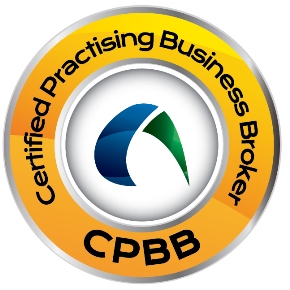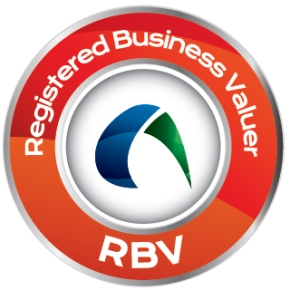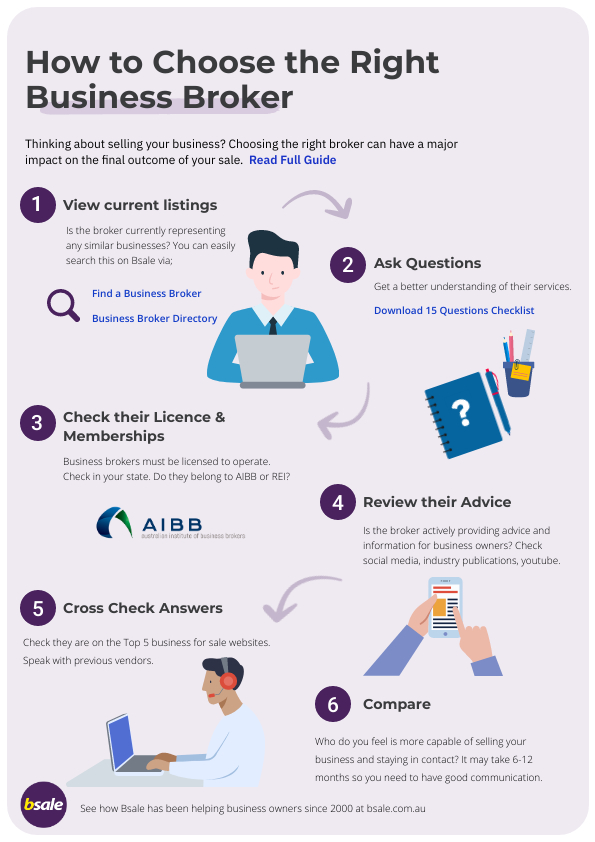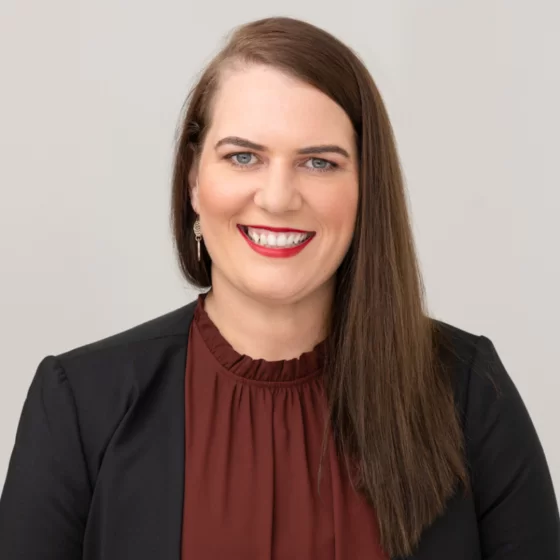How to Choose the Best Business Broker?

Choosing the Best Business Broker
So, the time has come to buy or sell a business, and you're looking for advice from a business broker but don't know where to start? Don't worry! We have you covered.
In Australia, there are over 500 business brokers actively involved in the business sales process. Traditionally, it is a male-dominated profession, with approximately 80% males and 20% females.
Most business brokers have backgrounds in small business, accounting, or finance. This experience allows them to understand the complexities of business ownership, interpret financial statements, and identify the best potential buyers for a business.
Like many professionals, each business broker brings different skills and expertise to the table. The hardest part is finding which business broker is the best fit for your business!
You will find some business brokers working solo in boutique agencies, while others are part of large multinational brokerages. Both have their advantages in terms of service, skills, systems, marketing, and connections. Larger brokerages might have powerful marketing strategies, while smaller ones tend to be well-connected in the community and offer a tailored approach.
Ultimately, it comes down to your business and which broker has the right skills to secure the best price. Don't get caught up in the size of the brokerage, as many use the same platforms to market and find buyers.
Choosing the best business broker for your business is crucial and can significantly impact your final sale price.
If you are just starting out on the journey and not quite sure how a business broker can help you, then take a look at what a business broker actually does.
Here are 6 Steps to Check if a Business Broker is Right for you
1. View Current Listings
If you want to know who has experience in your particular region or industry, you need to look at the current listings. Start with a search and see who is listing similar businesses for sale!
> Start by searching current businesses for sale
You will find that business brokers tend to specialise (even if it is not deliberate) because they are more successful selling businesses in their 'wheel house'.
Connections are a very important part of business sales, and brokers need to have a good network of contacts. When selling similar types of businesses, brokers are able to build those connections and will often find it easier to sell the same type of business on repeat. It also allows them to develop their knowledge of the industry and are more skilled at appraisals and communicating with buyers in a meaningful manner.
If a broker has a lot of listings, does this mean they are the most successful? Not necessarily.
In recent years we have seen business brokers more concerned on 'getting listings' then actually successfully selling the business. So just because a business broker has a lot of businesses currently advertised, it does not necessarily mean they are the best.
You can also view the 'sold' listings of many brokers to see what they have actually sold - this can be more advantageous.
2. Ask Questions
The best way to assess a business broker's skills is to have a conversation with them. Test them on their knowledge of your industry and ask them "What have you sold in the last 12 months?". They should be able to give you real-world evidence of sales.
Communication is very important in business sales, especially when a transaction can take 6-9 months. The business broker will work as an intermediary between you, solicitors, accountants and the buyer's team. So they need to have effective communication and be responsive. If you have to wait 3 days for a response - hello red flags.
> Ask Your Business Broker These 15 Questions
3. Check their Licensing, Awards and Memberships
If a business broker is serious about offering a quality service and delivering results for you, they will be active in the business community. There are a number of peak organisations that business brokers should be engaging in and this can be an indicator of their commitment and professionalism.
-
Licensing
All business brokers need to be licensed in the state they operate! Yes it is state dependent.
So if the business broker is not licensed in your state, then legally they cannot offer business brokering services to you. All business brokers must have completed the necessary training such as CPP40507 Certificate IV in Property Services (Business Broking).
You can contact the state body to check their current licensing status: NSW - NSW Fair Trading, VIC - Consumer VIC, QLD - Office of Fair Trading, SA - CBS, WA - DMIRS, TAS - Property Agents Board, ACT - Access Canberra, NT - Licensing NT.
-
Australian Institute of Business Brokers (AIBB)
The AIBB is the peak body in Australia for business brokers. Basically, it is the organisation that all business brokers are part of (well should be!). The AIBB does a great job at ensuring business brokers are maintaining their CPD points and have training programs available such as their business valuers course.
The AIBB also makes recommendations to both State and Federal Governments on matters affecting its members to ensure best practices are implemented. It is very committed to upholding the integrity and professionalism of business brokers.
Yearly, the AIBB holds a conference for its members and partners. At this event, Awards are presented and several business brokers are recognised for their success over the past 12 months. With awards issued in each state for general and specialised business brokers, it is a great way for members to come together and celebrate.
You will see AIBB members displaying these logos:


-
Real Estate Institutes (REI)
Business brokers are still licensed with real estate agents in most states of Australia. This means they are often part of the Real Estate Institute in their state such as REIA, REINSW or REIVIC. Yearly, awards are issued by the REIs and business brokers are recognised for their success.
-
Business Groups
Local business groups will often recognised business brokers for their assistance in the region. If you have heard about a business broker through your network, take a look at what business groups they are part of in your area. If they are a reputable business brokers they will be well-connected and recognised.
If a business broker is a specialist they will often be at expos and trade shows relevant to their industry. Such as a broker that specialised in the medical field, they will be attending a number of medical conferences to continue to build their network and knowledge.
-
Brokerage Awards
A number of the larger brokerages will have awards for their business brokers. This is to celebrate the brokers' success and is used as motivation to encourage more sales. Obviously these awards are within the business brokerage, so it is not necessarily an overall indication of who is the best business broker, but can be a great guide for who at that particular brokerage is a good fit for you.
-
Charities
An important part of business broking is giving back to the community and they are usually involved in charity groups. You will see brokers attending lunches, golf days, gala dinners and other occasions that allow them to give back and connect with business owners.
4. Review their Online Publications
It's time to be an online detective!
Google their name and see what information appears. See what articles and publications the business broker is putting out 'into the world'. A broker who has a lot of experience is very willing to share their knowledge. They will have articles published in Magazines like the Bsale, appear on podcasts and be regularly commenting and sharing thoughts on Linkedin.
A well-connected and experienced broker will be having thoughtful discussions, so see what they are saying.
5. Read Testimonials
Yes, business brokers collect testimonials. What's even better is speaking with a previous vendor!
It's highly likely that when a business broker recommends a previous client, it will be the most glowing review. They will have bonded with the broker and probably received a good price and sold in a quick time frame. So they will have good things to say. Whilst this is a good, you need to be vigilant and look at all the different ways to evaluate how good they actually are.
6. Compare
At this point, hopefully you have spoken to at least three business brokers - never just rely on just one recommendation.
Going through the points mentioned should help you decide which brokers has the most experience and can get you the best price

Important Tip
Never choose a business broker based on their commission or marketing strategy!
A business broker who is willing to lower their commission to get your business is less likely to sell it for a good price. Why? They are more concerned about getting the business. You will find that a business broker who does this, also offers a marketing plan - around $4,000. Why? It's a quick $4,000 whilst they sit on your business and potentially devalue it.
You need to put on your investigators' hat and look at the business broker from many angles.
Unlike real estate, where properties basically sell themselves and the agent is just guiding the sale. Business sales are a lot more complex and there is a lot more involved to get the business prepared and sold. So don't go into it with the mindset of 'best value' - that wont get your business sold for the right amount.
Here is a little infographic to make it easier to assess a business broker on the go.

Download the infographic for choosing a business broker
Originally published 19/07/2022. Updated 7/6/2024.
Tags: business brokers selling a business guides advice
About the author

Vanessa Lovie
CEO Bsale Australia
Vanessa is the current manager and CEO of Bsale Australia. Over the past 11 years as a business owner, she understands what it takes to grow a ...









